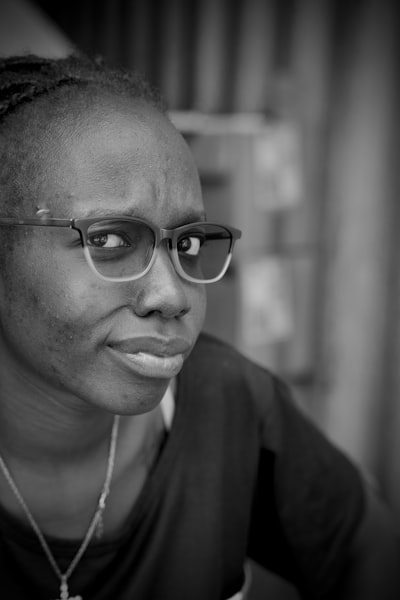Summary:
Leila Aboulela, a Sudanese-born, Scotland-based writer, has been awarded the prestigious 2025 PEN Pinter prize for her body of work exploring migration, faith, and the lives of women. The PEN Pinter prize honors writers who, echoing Harold Pinter’s vision, exhibit unwavering intellectual determination and truth-telling in their art. Announced at English PEN’s summer event, Aboulela’s win highlights her commitment to centering Muslim women’s experiences, exploring their dignity and challenges through novels such as The Translator and River Spirit. She will receive the prize in October at the British Library, where she’ll also name this year’s Writer of Courage — a secondary award for writers championing free expression under threat.
Analysis:
At its core, the award to Aboulela signals a broader shift in British — and international — literary recognition. Through her nuanced focus on migration and faith, she contests the often homogenous narratives privileged in Western publishing circles. Nadifa Mohamed, chair of this year’s judges, emphasizes that in a world fraught with conflict and persistent marginalization (pointing to suffering in Sudan and Gaza), Aboulela’s writing offers comfort and inspiration — a reminder of literature’s dual role as witness and sanctuary.
Yet this recognition is not merely symbolic. Aboulela herself notes the weight of winning as a Muslim Sudanese immigrant, especially as her work interrogates the secular limits of Western pluralism. This acknowledgment opens the door not only to a wider readership, but to a greater acceptance of stories that defy dominant perspectives. The prize’s lineage, with figures like Chimamanda Ngozi Adichie and Salman Rushdie among its previous winners, positions Aboulela in a tradition of literary figures who challenge orthodoxy and advocate for the unheard.
Discussion:
Aboulela’s win raises pertinent questions: Which voices get amplified in the contemporary literary landscape? How does literary recognition influence whose truths are validated, especially in societies grappling with issues of migration, belonging, and religious difference? This award underscores how literary prizes can serve as platforms for cultural bridge-building, expanding the imagined community of readers and writers alike.
Moreover, the choice to pair the prize with a Writer of Courage award is significant. It gestures toward the interconnectedness of creative freedom and personal risk, a reality faced by many authors globally—particularly those who challenge oppressive norms or regimes. The ceremony’s dual focus on creative brilliance and courageous dissent subtly calls attention to the political nature of literature.
On a broader level, the acclaim for Aboulela’s work reflects and perhaps nurtures a growing appetite for stories of displacement, transformation, and spiritual searching. It embodies a counter-narrative to exclusionary politics and cultural gatekeeping, reminding us why literature remains essential in troubled times. Readers gain not only literary pleasure but also a broader, more empathetic worldview—a critical asset in societies struggling to reconcile diversity and cohesion.
As Aboulela’s “gorgeous books find new readers,” as English PEN’s chair hopes, perhaps her win will stimulate deeper engagement with the vital, messy, and beautiful realities of migration and faith—realities that too often go unmarked or misunderstood.

Comments
No comments yet. Be the first to comment!